Navigating Canada’s Healthcare System As An Indigenous Person
Navigating healthcare in Canada as an indigenous person can present unique challenges. One of many is Physician bias. How endemic is this?
A recently published (2020) University of Calgary study [1], for example, found two-thirds of Alberta physicians surveyed had an implicit anti-Indigenous bias. Alberta, of course, is not alone. A (2022) CBC News article [2], cites the head of northern Manitoba's health-care system apologizing for historic and continuing racism against Indigenous people seeking medical care, and promising change.
Several Provinces have made efforts to address these health disparities and improve the indigenous healthcare experience. Staff undergo Indigenous awareness and sensitivity training today, and medical professionals are taught to recognize and mitigate their biases to prioritize a patient's well-being over personal beliefs.
Moreover, medical professionals are duty-bound to provide unbiased, evidence-based medical care (based on scientific research and the patient's individual needs) —-all without imposing their personal beliefs or bias on their patients. Doing this helps maintain patient trust while upholding the ethical principles of the medical profession.
While it is a goal for medical professionals to remain unbiased, it's also important to acknowledge that everyone has unique perspectives and biases, whether conscious or unconscious. Discrimination, sexism, racism, bias, and stigmatization are still a part of the indigenous healthcare experience today. So, what can you do?
Here are some steps you can take to mitigate Physician (and/or medical professional) bias including:
1. **Choosing Culturally Competent Providers**: Seek out healthcare professionals who have experience working with Indigenous patients and demonstrate cultural sensitivity. They are far more likely to understand your unique needs and concerns.
2. **Advocate for Yourself**: Don't hesitate to communicate your preferences, concerns, and cultural practices to your healthcare provider. Be open about your background and any specific requirements you might have.
3. **Involve Family and Elders**: In many Indigenous cultures, decisions about health are made collectively. Involve your family and community elders in your healthcare decisions to ensure a holistic approach.
4. **Ask Questions**: Be proactive in asking questions about your diagnosis, treatment options, and any potential biases. This can help ensure you receive appropriate care and understand your medical decisions.
5. **Request Cultural Competency Training**: Encourage healthcare organizations to provide cultural competency training for their staff to raise awareness about Indigenous health disparities and cultural considerations.
6. **Access Indigenous Health Services**: Some regions offer specialized Indigenous health services or clinics that are more attuned to the needs of Indigenous communities. Research if such services are available in your area.
7. **Support Groups**: Join Indigenous health support groups or networks to connect with others who have similar experiences and learn about effective strategies for navigating the healthcare system.
8. **Document Your Experiences**: If you encounter bias or discrimination, document the incident and report it to the appropriate healthcare authority. This helps raise awareness and contributes to ongoing efforts to improve cultural competency.
9. **Advocate for Change**: Collaborate with Indigenous organizations, healthcare providers, and policymakers to advocate for policies and practices that address healthcare disparities and promote cultural sensitivity.
10. **Stay Informed**: Educate yourself about your rights as a patient, available healthcare resources, and Indigenous health issues. Knowledge empowers you to make informed decisions and advocate for your well-being.
Change takes time, and efforts to mitigate bias in healthcare require collaboration from all stakeholders, including patients, healthcare providers, and policymakers. That said, never forget that equitable access to healthcare is a fundamental human right, and all individuals should receive care that is safe, effective, and tailored to their needs, regardless of their cultural background.
Achieving healthcare equity for all is a crucial step towards improving the overall well-being of Indigenous communities. Efforts are being made to address these disparities and promote culturally sensitive care that respects Indigenous values, practices, and perspectives.
Be the change. Help us spread the ninohtēn ❤ and kiscêwatisowin.
- - - - - - - - - - - - - - - -
Please feel free to reach out with any questions, comments, or suggestions you may have. More - www.kesuline.com <http://www.kesuline.com>
[1] https://www.cbc.ca/news/canada/edmonton/study-identifies-anti-indigenous-bias-among-alberta-physicians-1.6768459
[2] https://www.cbc.ca/news/canada/manitoba/racism-northern-health-care-indigenous-people-1.6596055
